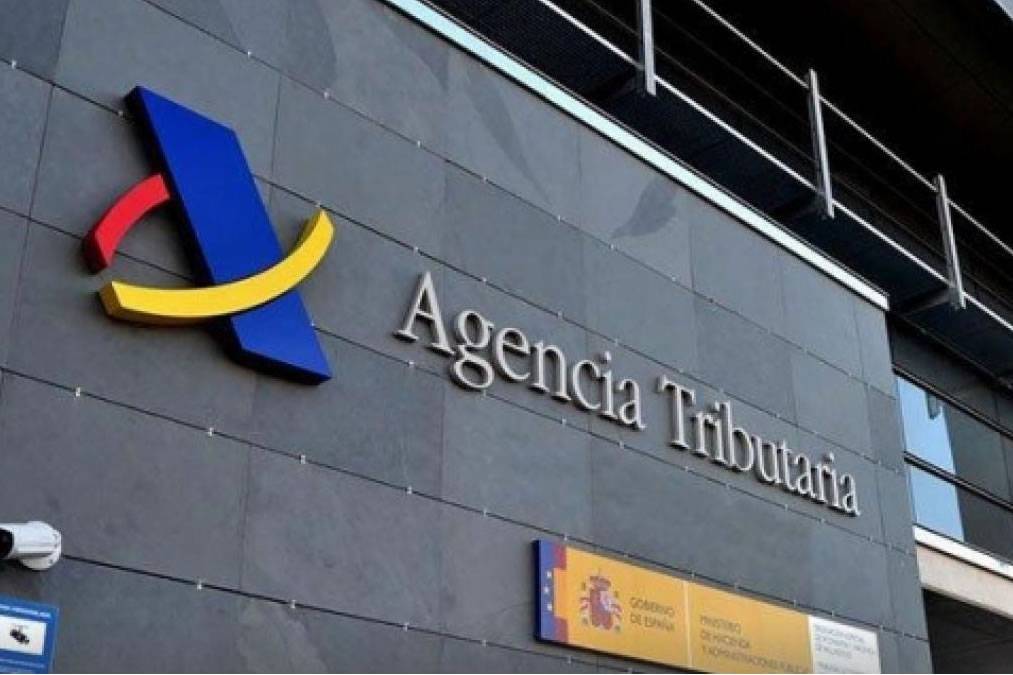Do I need to do a Spanish annual income tax return?
- 25-04-2023
- Business
- Canarian Weekly
Spain's annual income tax return is known as the “Declaración de la Renta” and the period in which to complete it for 2023 has now begun, as it runs from April 11th until June 30th. Over 22 million taxpayers in Spain, including the Canary Islands, must file their Personal Income Tax (known as 'IRPF'), and for most of them that's regardless of whether they owe taxes or they are owed a tax rebate.
What happens if you don't do your income tax return in Spain?
First of all, it's worth knowing who is and who isn't exempt from doing one:
- As a general rule, contracted workers who have received more than €22,000 gross from a single employer or more than €14,000 from several employers are bound by law to file an annual income tax return.
- Self-employed workers (autónomos) are generally expected to complete their annual income tax declaration regardless of their earnings, just as they have to do every quarter.
- Also, people who have made income from property or income from movable capital of more than €1,600 during the tax year, or €1,000 in imputed income or treasury earnings, are also obliged to complete their declaración, whether they are residents of Spain or not.
- Anyone who has received state subsidies or tax deductions when buying a property, those on disability benefits and people who've received contributions to pension plans must also complete their annual tax return.
- Finally, people who get tax deductions because they're subject to double taxation treaties must complete filing one too.
Who is exempt from completing a tax return in Spain?
- If a contracted worker makes less than €22,000 gross a year from a single employer, Spain's main tax body states that they don't have to fill in their annual income tax return.
- Or if they earn under €14,000 gross from several employers they're also exempt. If they surpassed that amount and the second highest payer didn't pay more than €1,500 during the whole year, they are also exempt from filing their taxes up to the limit of €22,000.
Penalties and fines for not doing one:
If you don't complete your tax return on time or you miss the deadline, Spain's tax office does fine people, usually through a surcharge on the amount that they should have declared.
There may be several different situations when not submitting the declaration, and depending on the circumstance, and how overdue the return is, the fines can vary.
The main difference is whether the result of the declaration is positive (ie, taxes to be paid) or negative (ie, you are owed a tax rebate) and by how long you have bypassed the deadline.
It also depends on whether you have formally requested an extension and the tax office knows you will not be filing your tax return on time and whether or not they have sent you a notification that your tax return is overdue; in this case, the penalties go by the amount not declared as opposed to the length of the delay in making the formal declaration.
Without a reminder, the fines are:
Up to three months late: 5% surcharge.
3-6 months: 10% surcharge.
6-12 months: 15% surcharge.
1-4 years: 20% surcharge plus interest.
With a reminder, the fines are:
Of the total (base with less than €3,000) owed: 50% surcharge.
Of the total, avoided through 'ocultación' (tax concealment or evasion): 50-100% surcharge.
Of the total (fraud): 100-150% surcharge.
Tax rebates:
If your tax return is negative, that is to say, the tax man owes you money, the penalties are less severe if you submit it late:
€100 fine if the Agencia Tributaria does not make a request.
€200 fine if the Agencia Tributaria does not send you a formal request.



























































